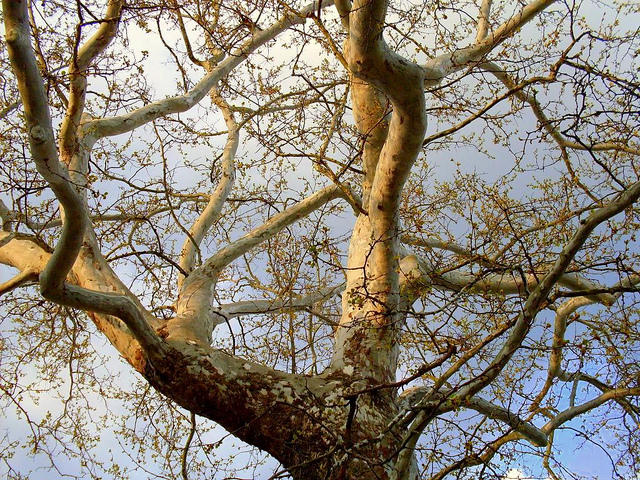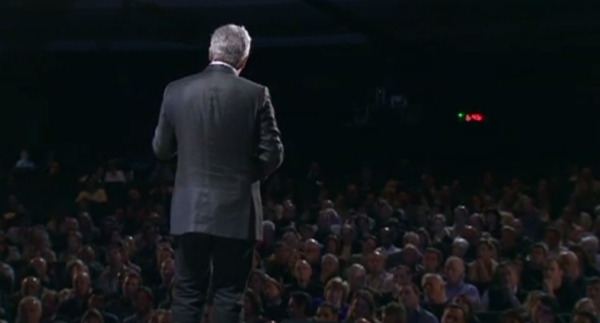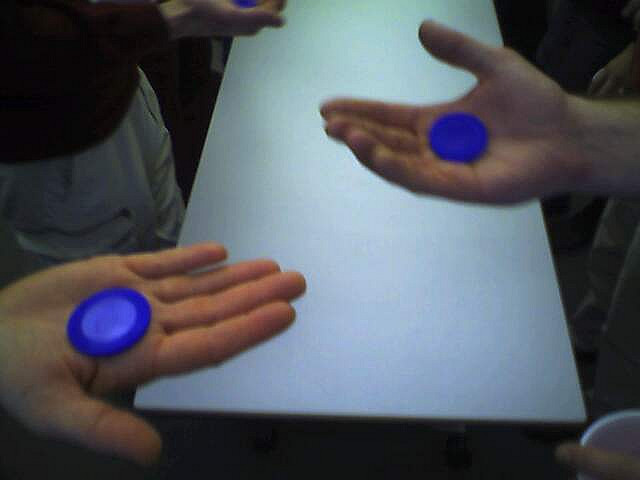


Agriculture In The 21st Century: The Need For Global Partnership To Address Poor Food Distribution, Waste, Malnutrition And Famine Worldwide
The world produces enough food to feed everyone. World agriculture produces 17 percent more calories per person today than it did 30 years ago, despite a 70 percent population increase.” – World Hunger Education Service. Rising food prices are at a dangerous level, and global cooperation is needed to tackle the increasingly challenging issue.” – Robert B. Zoellick, World Bank Group President [source: “World Bank chief urges global cooperation to tackle food security challenge“] The food scarcity part of the argument in the population debate is an interesting one—people are hungry because they cannot afford food, not because the population is growing so fast that food is becoming scarce. The global food system is spectacularly bad at tackling hunger or at holding itself to account.” – Lawrence Haddad, director of the Institute of Development Studies Throwing Food Away 30% of all food produced in the world each year is wasted or lost. That’s about 1.3 billion tons… That’s as if each person in China, the world’s most populous country with more than 1.3 billion people, had a one ton mass of food they could just throw into the trashcan.” Distributing Food Poorly The amount of grain produced in the world today could provide each person on the planet with the equivalent of two loaves of bread per day…The problem lies in the distribution of the world’s food. The majority of food is produced in economically more developed countries such as USA, but those countries that are really in need of their share of the food to solve their hunger problems, cannot afford the high prices that these farmers charge...![One Tribe – Black Eyed Peas [Music]](http://www.mutualresponsibility.org/wp-content/uploads/2012/08/one.jpg)
One Tribe – Black Eyed Peas [Music]
http://www.youtube.com/watch?v=HLBV4CO7BRc One love, one blood, one people One heart, one beat, we equal Connected like the Internet United that’s how we do Lets break walls, so we see through Let love and peace lead you We could overcome the complication cause we need to Help each other, make these changes Brother, sister, rearrange this The way I’m thinking that we can change this bad condition Wait, use your mind and not your greed Let’s connect and then proceed This is something I believe We are one, we’re all just people” Image: One year on by Mrs....
Now You Can Understand Why Connecting To Other People Is Great, Thanks To This Shouting Sociologist
The benefits of a connected life outweigh the costs!” Nicholas Christakis, MD PhD, in his powerful TED Talk “The Hidden Influence of Social Networks,” lays down the omnipotent role of social networks and the benefits of connecting with other people… Social Networks Naturally ‘Sustain & Nourish The Good’ & ‘Reject The Bad’ We form social networks because the benefits of a connected life outweigh the costs. If I was always violent towards you or gave you misinformation or made you sad or infected you with deadly germs, you would cut the ties to me, and the network would disintegrate. So the spread of good and valuable things is required to sustain and nourish social networks. Similarly, social networks are required for the spread of good and valuable things, like love, kindness, happiness, altruism and ideas. If we realized how valuable social networks are, we’d spend a lot more time nourishing them and sustaining them, because I think social networks are fundamentally related to goodness. And what I think the world needs now is more connections.” An Example Showing How Certain Properties Reside Not In Individual Parts, But In The Interconnections Between Them Think about these two common objects. They’re both made of carbon, and yet one of them has carbon atoms in it that are arranged in one particular way – on the left – and you get graphite, which is soft and dark. But if you take the same carbon atoms and interconnect them a different way, you get diamond, which is clear and hard. And those properties of softness and hardness and darkness and clearness do not...
